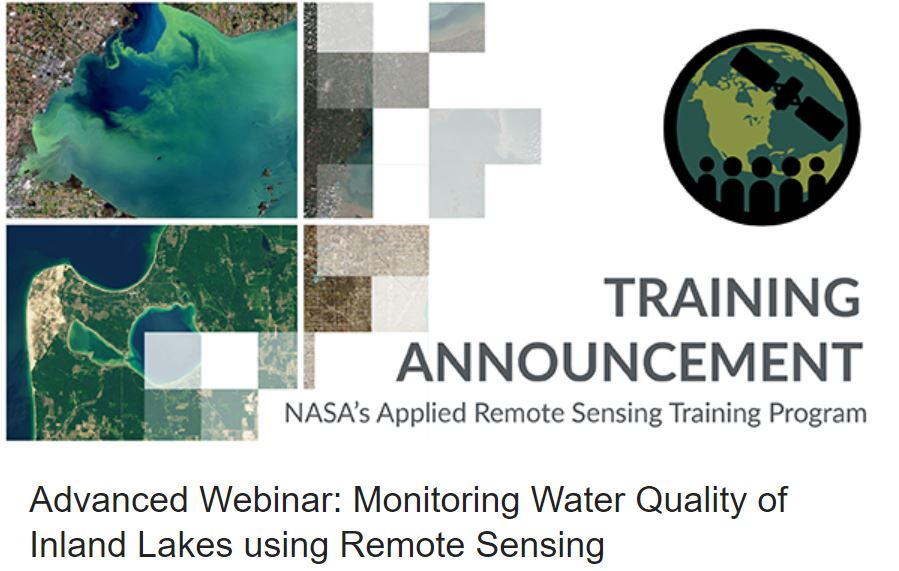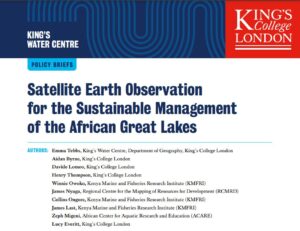Ph.D. position at Nantes University – Multi-scale relationships between sedimentary dynamic and microphytobenthos in estuarine mudflats
Candidate profile: Master’s degree and background in at least two of the following fields
➢ Remote Sensing and Geographic Information Systems (GIS)
➢ Coastal zone ecology
➢ Modeling using R or Python programming language
➢ Carbon fluxes
➢ Drone mapping
Dates: The position will remain open until 3rd of July 2023. Ideally the Ph.D. should start in October 2023.
Salary: The net monthly salary is 1630€. Salary includes full health insurance and social benefits (i.e. unemployment benefits). Two sports activities can be done at Nantes University for 50€ per year. A T2 flat is around 500€ per month. A housing allowance of 150€ can be obtained from the French social security.
Supervisors: Vona Méléder (vona.meleder@univ-nantes.fr) & Laurent Barillé (laurent.barille@univ nantes.fr), Nantes University (France) from RSBE2team
https://isomer.univ-nantes.fr/rsbe-remote-sensing-benthic-ecology
https://www.researchgate.net/profile/Vona-Meleder
https://www.researchgate.net/profile/Barille-Laurent
Objective: The objective of this thesis is to develop a methodology for the morphological and ecological monitoring of intertidal estuarine mudflats colonized by microphytobenthos (MPB) using remote sensing data. The key drivers of temporal and spatial variations of sediment and MPB, and more particularly its diversity, biomass, and primary production (capture of atmospheric CO2) will be investigated at different spatial scales. We will investigate how topographic variations from the micro-scale (a few cm2) to the macro scale (several km2) influence the spatial distribution of MPB. We will also focus on extreme events (exceptional flooding or storms, significant mud deposits) to estimate their impact on the distribution of the MPB and its recolonization dynamics.
Scientific context : Within European coastal zones, intertidal areas consisting of soft sediment emerging during each low tide, form complex seascapes covering more than 10 000 km2 along the 35 000 km of the tidal coastline. These habitats provide multiple ecosystem services with great potential to cope with the biodiversity climate crisis by contributing to carbon neutrality, climate resilience and biodiversity support. Nevertheless, these seascapes continue to be fragmented and threatened, resulting in a decrease in their provision of services (Waltham et al. 2020). Estuarine mudflats are highly dynamic ecosystems. While they are subject to sediment exchange (import/export) either of marine or continental origin, on a tidal, seasonal, and annual scale, they remain very productive (Legge et al. 2020). With an estimated annual global gross primary production of 500 Mt of carbon, these ecosystems may be responsible for up to 20% of the gross primary production of the oceans, despite occupying only 0.03% of their surface (Serôdio et al. 2020). This high productivity is due to primary producers, known as microphytobenthos (MPB), which form biofilms on the sediment surface during each low tide. Composed of micro-algae, mainly Diatoms, these biofilms have a very heterogeneous spatial distribution from the micro- to the macro-scale, the drivers of which are still poorly understood (Hope et al. 2019). This gap in knowledge makes it difficult to project the future of this production, particularly in the context of climate change, rising sea levels, and the retreat of mudflats.
Methodological approaches and techniques : We will focus on two French estuarine mudflats: the Brillantes mudflat in the Loire Estuary (47°17’3.96″N, 2° 3’34.10″W), and the North mudflat in the Seine Estuary (49°26’27.72″N, 0°16’35.97″E). The understanding of spatio-temporal variations will be established by a multi-sensor approach combining satellite (Pleiade, Sentinel 2), airborne and drone imagery associated to fixed point camera imagery and in situ measurements. In the Loire, the uptake of atmospheric CO2 by the mudflat (i.e. primary production) will be measured by an eddy-covariance system (Polsenaere et al. 2012). In the Seine estuary, this uptake will be measured by benthic chambers (Méléder et al. 2020). Maps at different scales will be obtained to capture temporal (tidal, neap, and spring tides, seasonal, inter-annual) and spatial variations (fixed point camera, drone, airborne, satellites). The coupling of these different observations and measurements will be done by machine learning.
Global framework and collaborations: this Ph.D. position is funded by the Region Pays de la Loire, and the GIP Seine-Aval, in collaboration with Rouen Normandie University, within the context of the future Horizon Europe project Rewrite for “REWilding and Restoration of InterTidal sediment ecosystems for carbon sequestration, climate adaptation and biodiversity support” in collaboration with Twente (Netherlands) and Hull Universities (UK) (starting date Oct. 2023).
********************
How to apply: Submission of your pdf application form (https://theses.doctorat bretagneloire.fr/vaame/application-form-for-a-phd-in-doctorale-school-vaame-2023-en.docx) must be done on the online platform ‘Thèses en Bretagne Loire’ (https://theses.doctorat-bretagneloire.fr/vaame; under the menu “candidater sur un sujet [espace étudiant]” and then ►Institut des substances et organismes de la mer (ISOMer)), with additionally following documents (in the same PDF file):
-
- A detailed CV
- A copy of your passport or official identity document showing your name in full • If obtained, a copy of the diploma on awarding the Master Degree of the applicant (with certified translations of diplomas into French/English if not originally in French/English).
- A copy of your Master Degree grades and rank (with certified translations of grades and rank into French/English if not originally in French/English). If there is no Master Degree ranking, a letter from the head of the Master program justifying the lack of Master ranking in the application form. In this letter, the head details the overall average of both the applicant and the Master class.
In addition, send to the supervisors Vona Méléder (vona.meleder@univ-nantes.fr) & Laurent Barillé (laurent.barille@univ-nantes.fr) the PDF of your master dissertation, publications, or your most significant contribution to this field of research.





